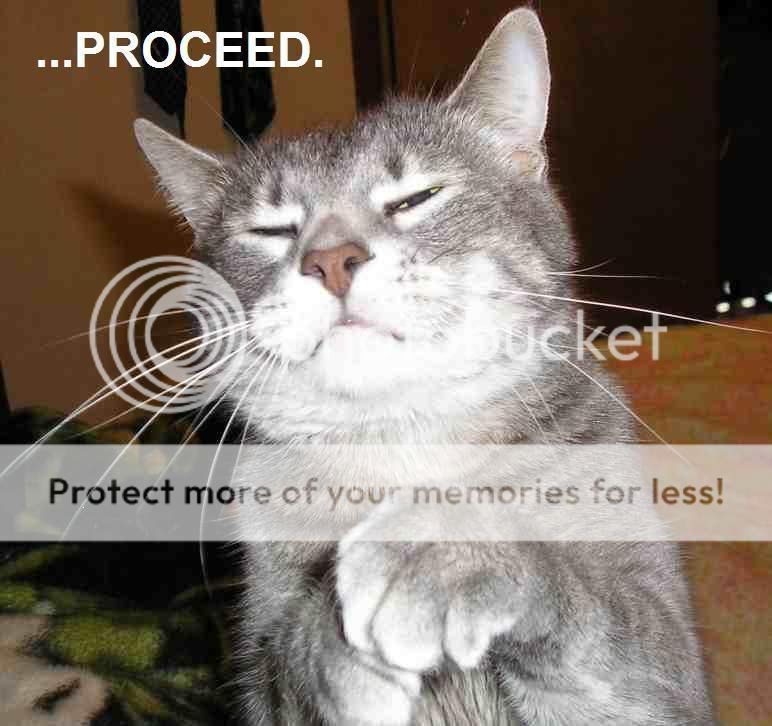



















|
---Your Slave to Love---
Community Member |
|
---Your Slave to Love--- Community Member |
|||||||||||||||||
© Copyright 2003 - 2024 Gaia Interactive, Inc. All Rights Reserved.
Community Member
WHEN, wanton fair, the snowy orb you throw,
I feel a fire before unknown in snow.
E'en coldest snow I find has pow'r to warm
My breast, when flung by Julia's lovely arm.
T'elude love's pow'rful arts I strive in vain,
If ice and snow can latent fires contain.
These frolics leave: the force of beauty prove,
With equal passion cool my ardent love.
Christopher Smart
When (Conj)
Wanton (Adj)
Fair (Adj)
The (Def Article)
Snowy (Adj)
Orb (Noun)
You (Pronoun)
Throw (Verb)